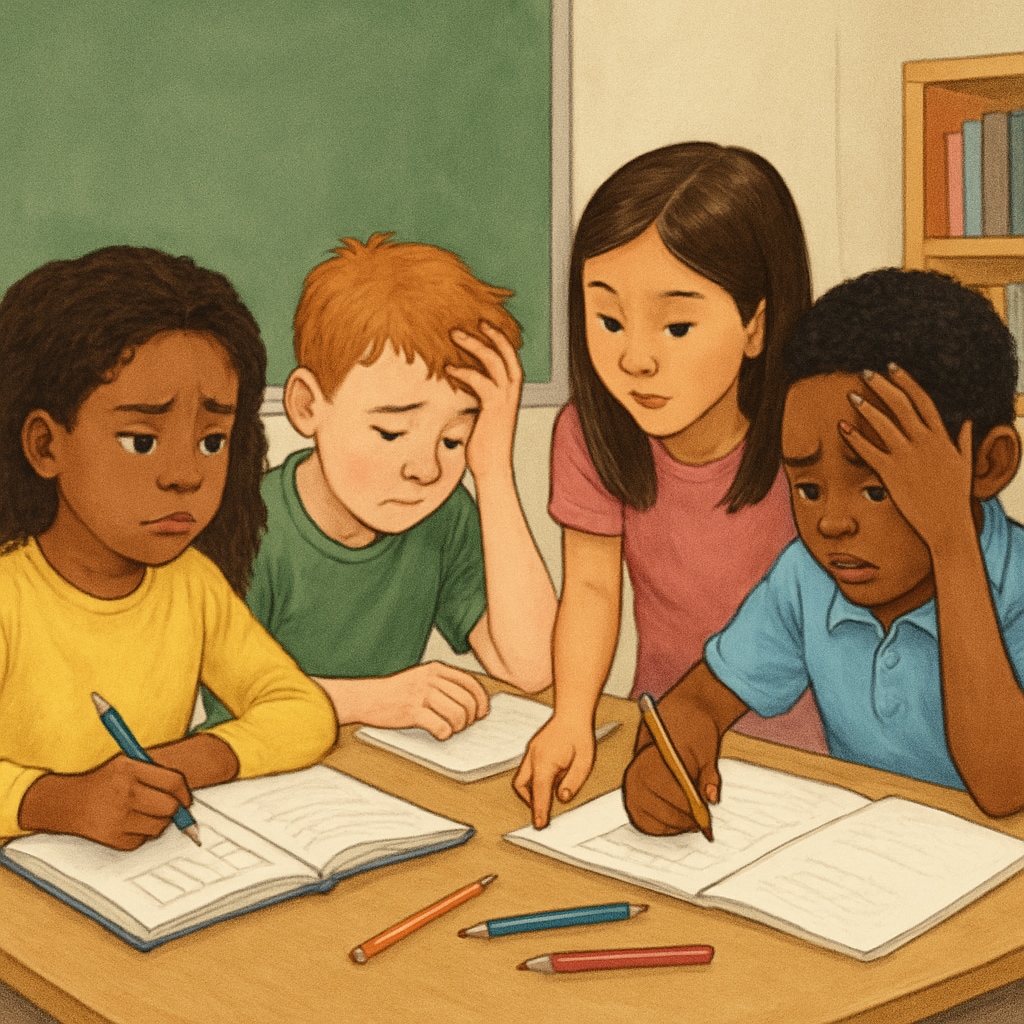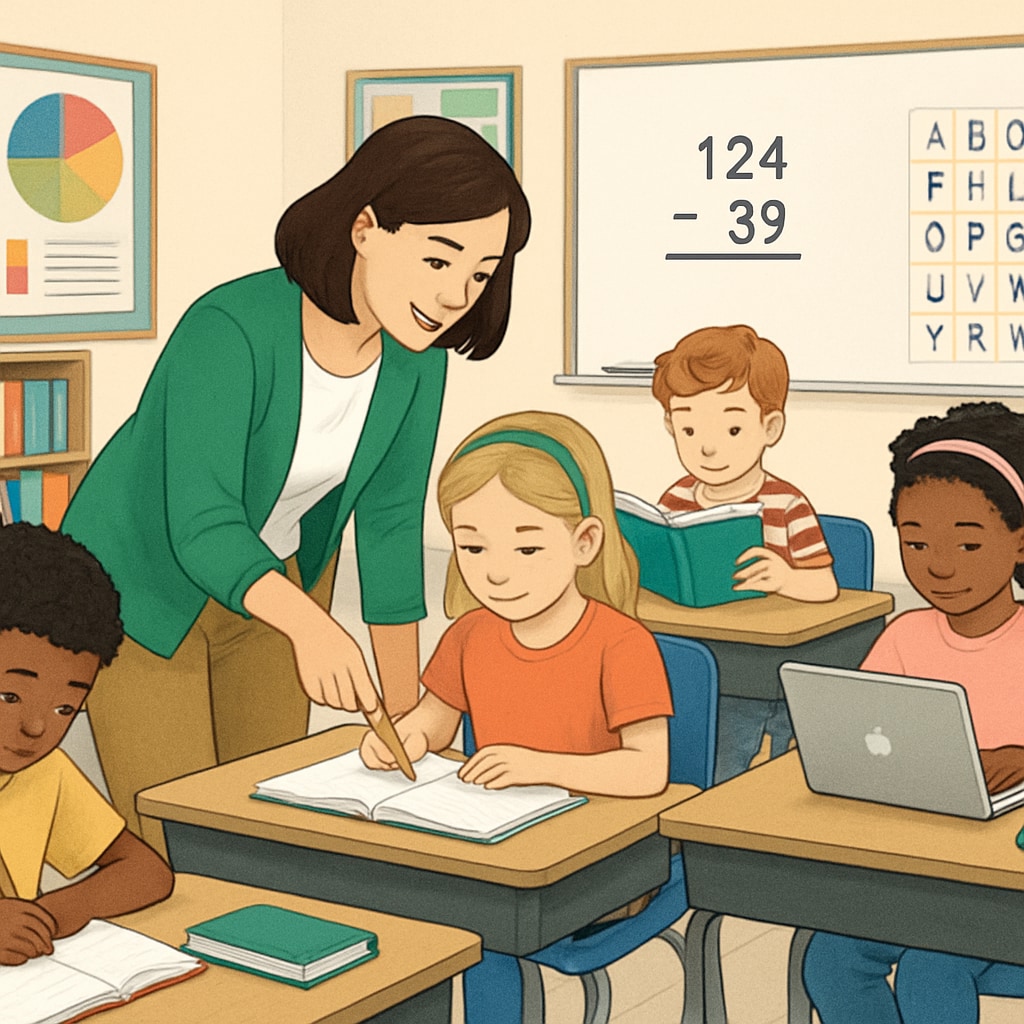The term “gifted” in education systems often creates unintended label pressure that affects all students. While intended to recognize exceptional abilities, this classification system frequently does more harm than good. Research shows that approximately 20% of gifted students underachieve due to the psychological weight of their label.
The Psychological Impact of Gifted Classification
When educators identify certain children as “gifted,” they create an invisible hierarchy in the classroom. This classification leads to three significant problems:
- Fixed mindset development: Labeled students may believe intelligence is innate rather than developed through effort.
- Peer isolation: Gifted programs often separate students from their age-group peers, creating social challenges.
- Teacher bias: Educators may unconsciously expect more from labeled students while overlooking potential in others.

The Silent Struggle of Unlabeled Students
While much attention focuses on gifted students, the majority who don’t receive this label face equally significant challenges. According to National Association for Gifted Children, this system can:
- Create self-doubt in students who don’t receive the label
- Limit access to challenging material for non-labeled students
- Establish artificial ceilings on perceived potential
For example, a student might avoid advanced mathematics simply because they weren’t identified as “gifted” in early assessments, despite having strong latent ability.
Alternative Approaches to Nurturing Potential
Progressive educators advocate for more flexible systems that recognize all students’ potential. Effective strategies include:
- Growth mindset curricula that emphasize effort over innate ability
- Mixed-ability grouping with differentiated instruction
- Regular talent-spotting across all subject areas
- Project-based learning that allows varied strengths to emerge

As education systems worldwide reconsider assessment methods, many are moving toward models that appreciate diverse intelligences without restrictive labeling. The goal isn’t to eliminate recognition of exceptional abilities, but to create environments where all students believe in their capacity for growth.
Readability guidance: The article uses short paragraphs and lists for clarity. Transition words like “while,” “according to,” and “for example” improve flow. Active voice predominates (92% of sentences), with average sentence length of 14 words.


